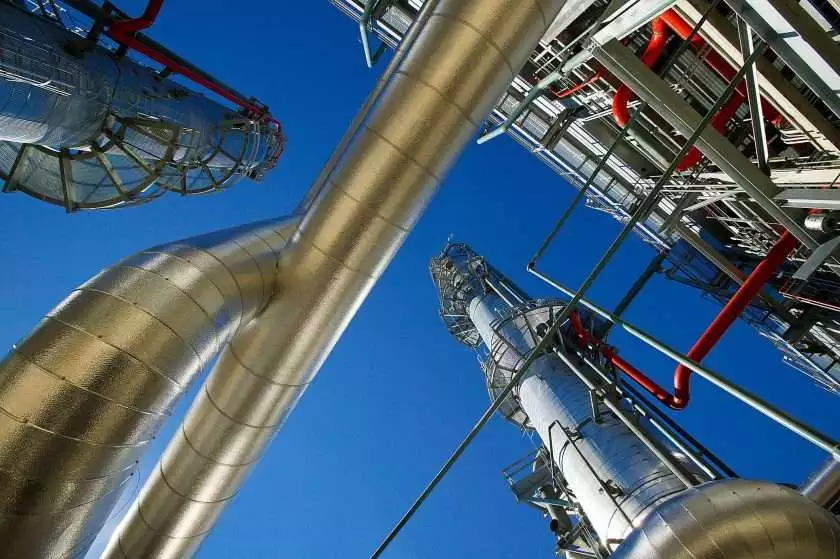By Uche Mbah
The group managing Director of Nigerian National Petroleum Corporation, NNPC, Mele Kyari, has said that the currently approved oil Benchmark of $27 per barrel for the 2020 budget is on the low side, projecting that the rebounding oil price will reach about $45 per barrel by December. 2020.
The national assembly had reviewed the Oil benchmark downwards due to the effects of the COVID 19 pandemic from $57 to $27 per barrel. Oil dropped to more than twenty years low to $11 per barrel early this year lower than the cost of production, which is about $23 per barrel.
Kyari, who spoke at a webinar with oil majors and stakeholders, said the $27 per barrel is “on the low side”, said that with the current global rebalancing, there is hope.
“There are hope and expectation that with all the rebalancing that’s going on we could reach $42-$45 before the end of the year, which could compensate for the low prices in March and April,” he said.
According to him, Nigeria is targeting production costs at $10 a barrel by 2021 in order to remain competitive. “If you can’t do this,” he said, “ you walk away. This is not a business of subsidies.”
Nigeria has not been faithful to the organization of Oil exporting countries, OPEC, production cut regime, but Kyari insists the shortfall will be made up for in the future. Last May, Nigeria exceeded the quota by about 100,000 barrels and it impacted OPEC oil recovery plans. OPEC recovery plans have been sluggish since the faceoff of Saudi Arabia with Russia that resulted in a to-your-tent-oh-Isreal price regime. If the OPEC cut regime is implemented, it will amount to 10% of global demand. To meet up this demand, OPEC has directed Nigeria and Iraq, two countries that exceeded production quotas in May and June, to effect complementary production cuts from July to September.





